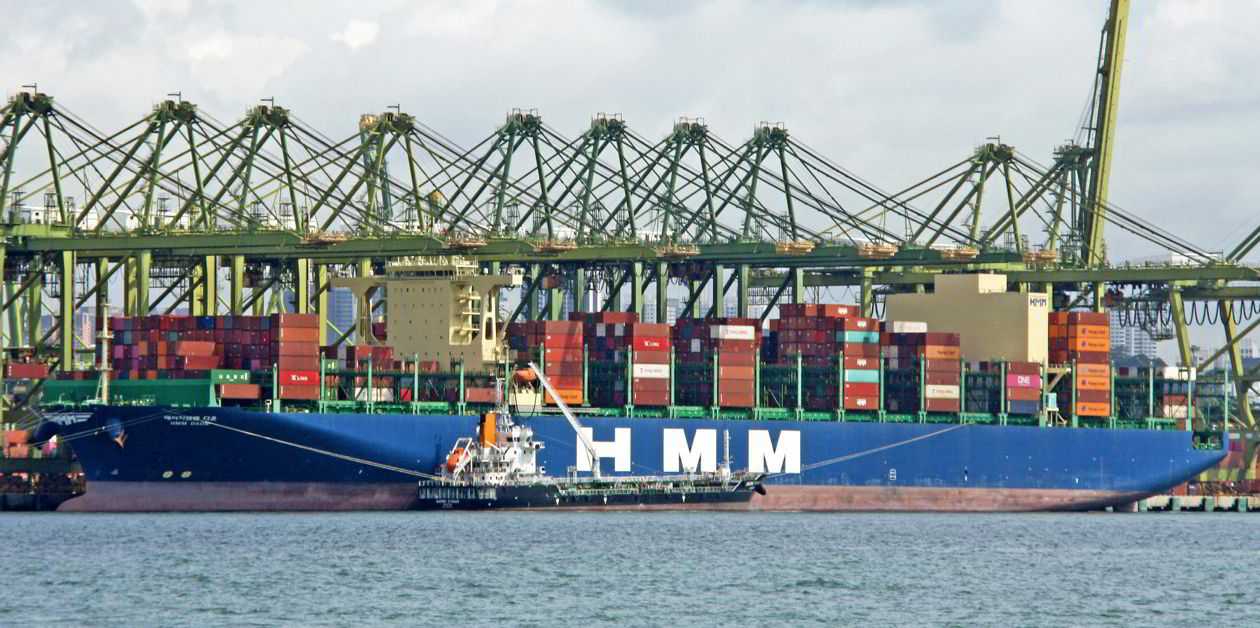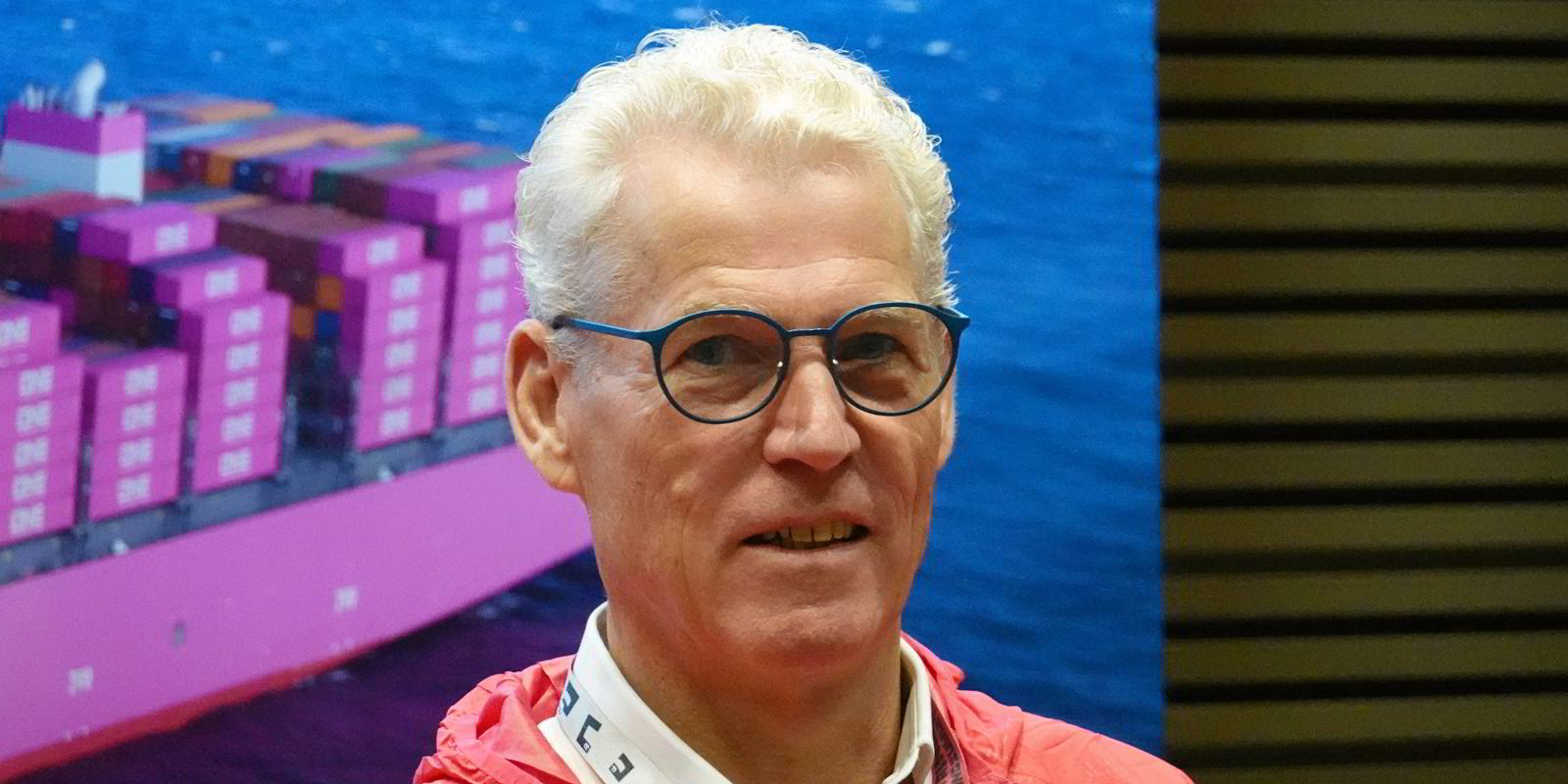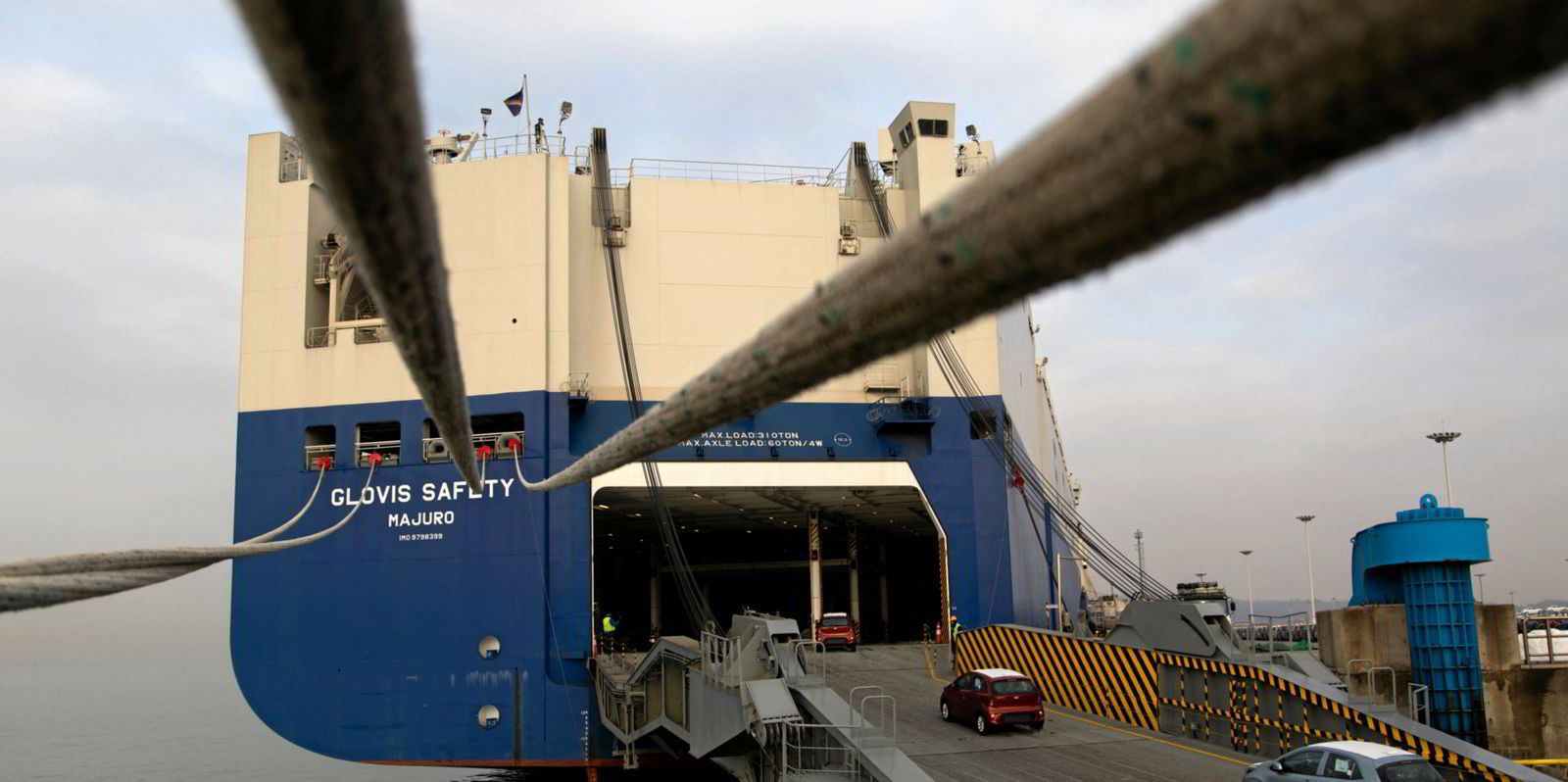HMM’s profits all but evaporated in the third quarter.
The South Korean liner operator’s net profits sank by 96% to KRW 95bn ($72m), down from KRW 2.6trn ($1.9bn) in the same quarter last year.
Revenues fell 58% to KRW 2.1trn, from KRW 5.1trn in the same period last year.
The Seoul-based carrier expects container demand to remain under pressure, due to considerable uncertainties related to inflation, economic slowdown and geopolitical tensions.
In contrast to some liner operators, the company was able to log an operating profit; however, it was 97% down, to KRW 76bn, compared with KRW 2.6trn a year earlier.
Cost-cutting
HMM is planning cost-cutting measures to enhance operational efficiency and “make its business competitive amid market volatility and uncertainties”.
HMM operates in the container shipping sector as a member of The Alliance with partners Hapag-Lloyd, Ocean Network Express and Yang Ming Marine Transport.
Yet the company said it is making steady efforts to retain a diversified investment portfolio in line with a medium to long-term strategy.
Last week, the shipowner unveiled orders for bulkers linked to a huge contract lasting 16 years.
It has agreed a long-term charter for four new vessels delivering from September 2026.
The deal with an unnamed counterparty is worth $954m and will last until the end of 2042.
HMM has been expanding its fleet to move away from struggling container ships. It now has tankers, bulkers, car carriers and multipurpose ships in focus.
Bulker operations are viewed as more stable in terms of profit, although without the potential for the big highs experienced in recent years for boxships.
The company is owned by state-controlled banks but is being sold off.
Three groups are believed to be in the running to buy HMM: a Harim-JKL Partners consortium, Dongwon Group and LX Holdings.
The expected selling price is around KRW 5trn.
In the preliminary round, shareholder Korea Development Bank will assess the eligibility of the bidders by evaluating their ability to operate a national shipping line and to mobilise funds.
It will then conduct due diligence for about two months before selecting the preferred bidder and closing the sale by the end of the year, reports have suggested.






